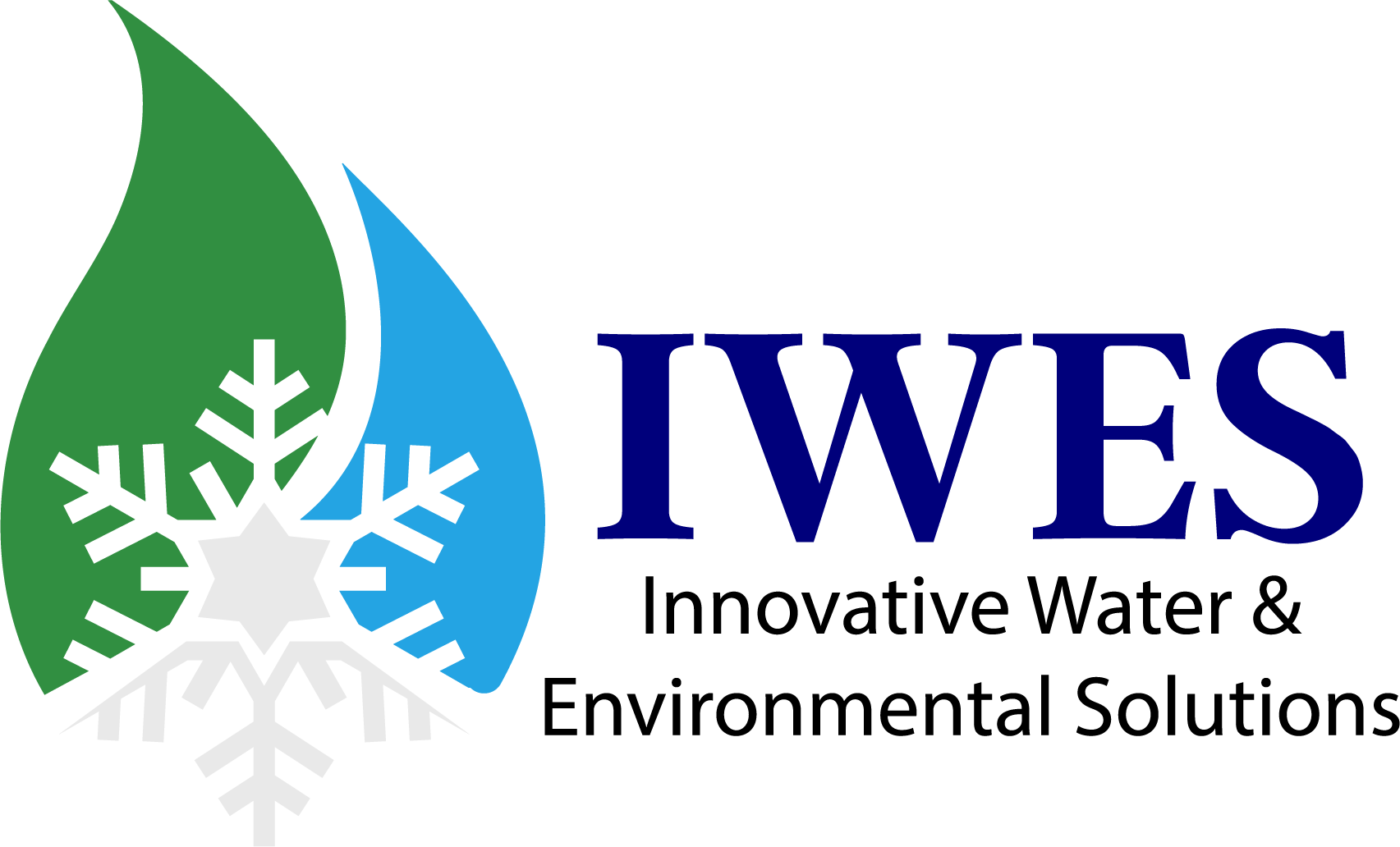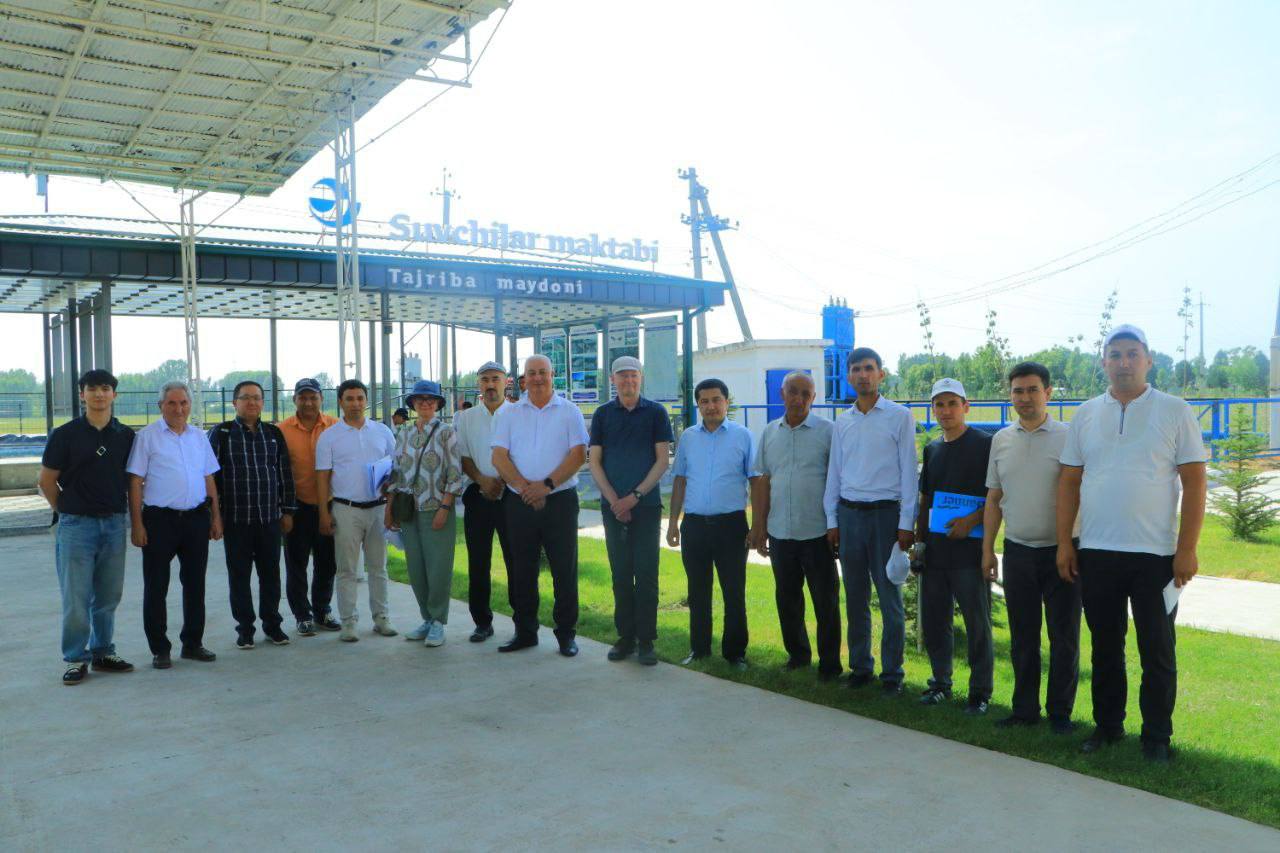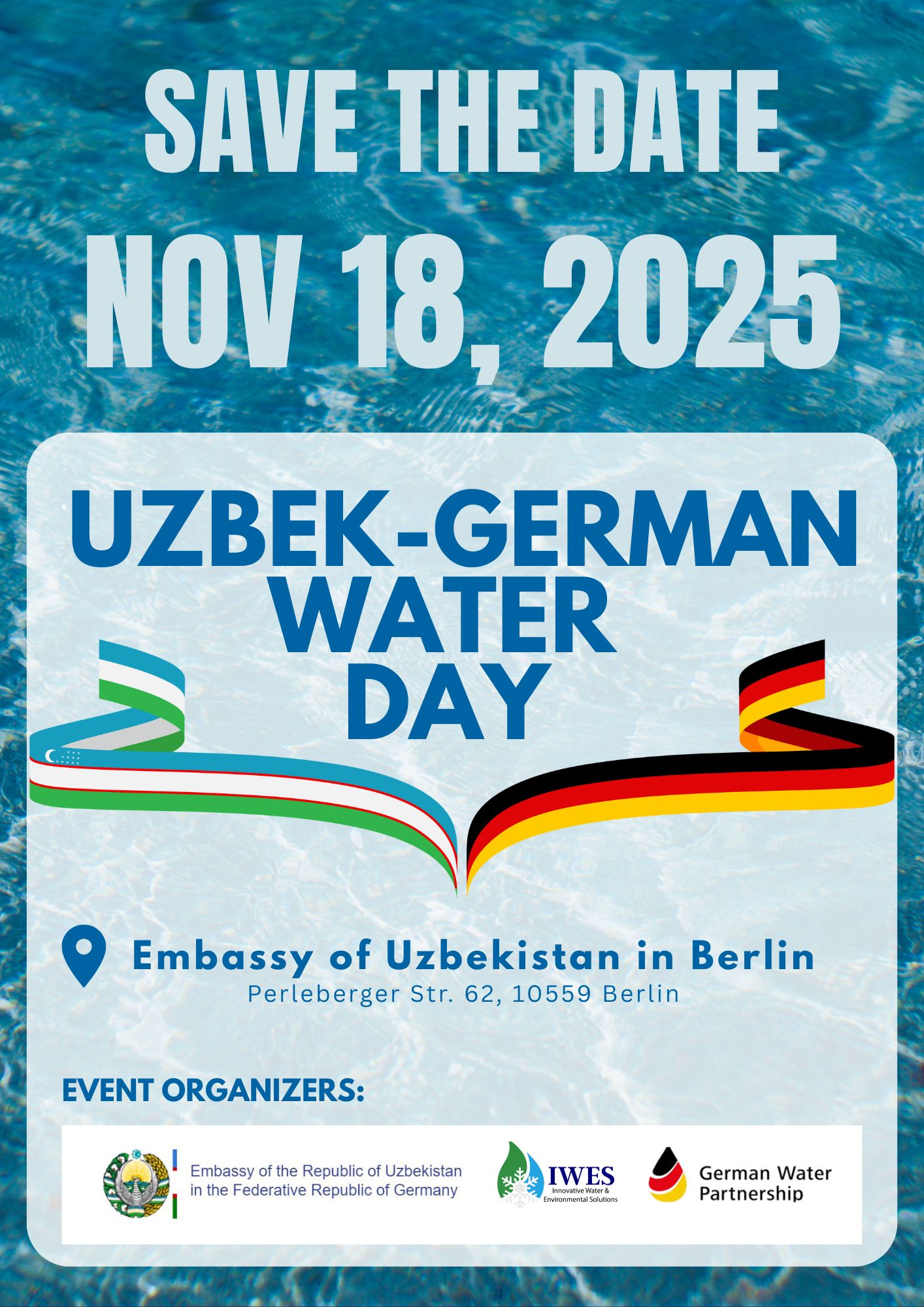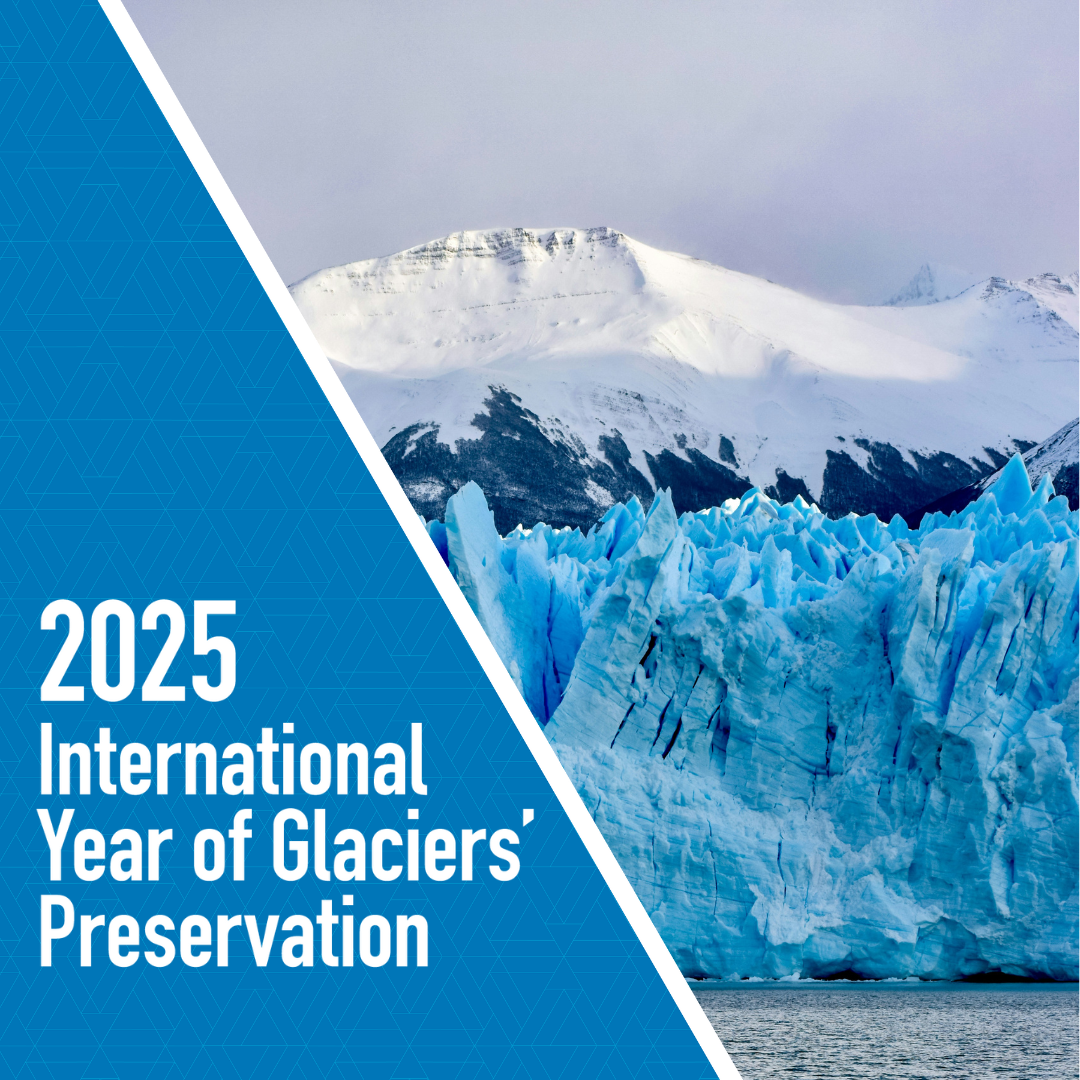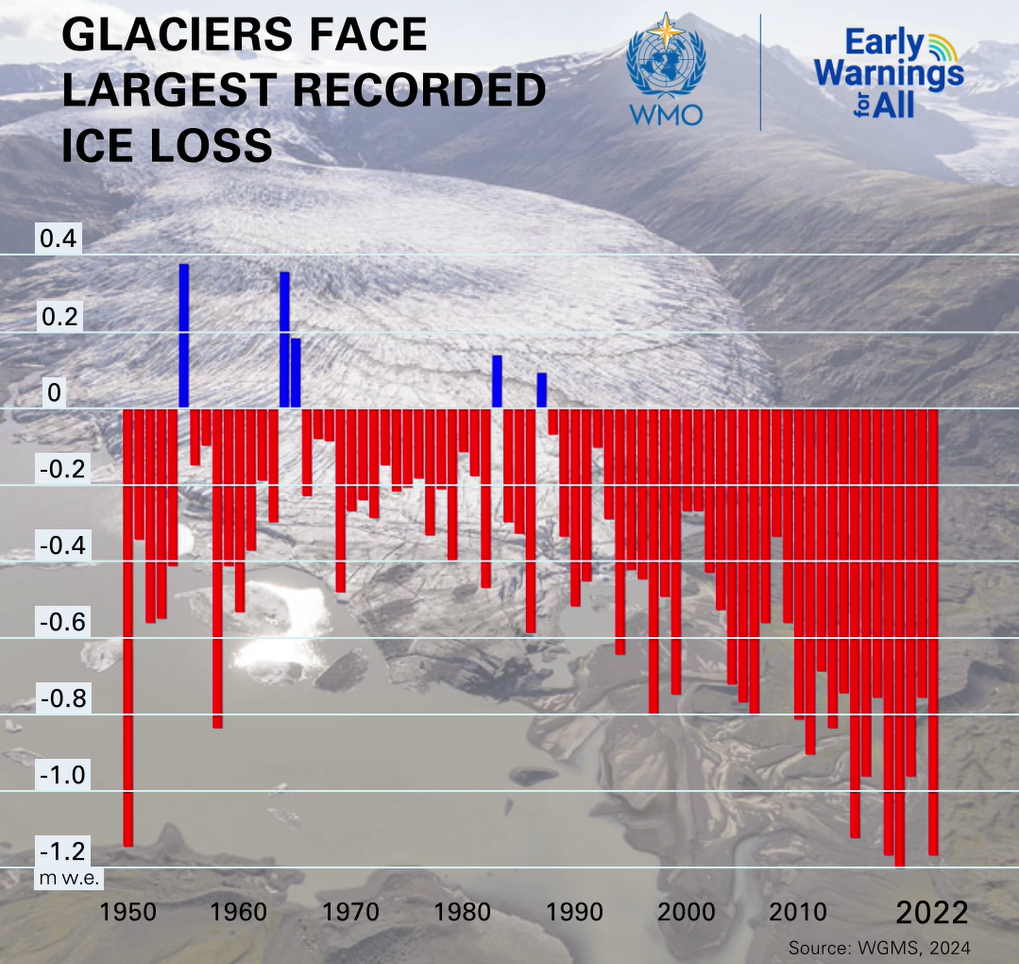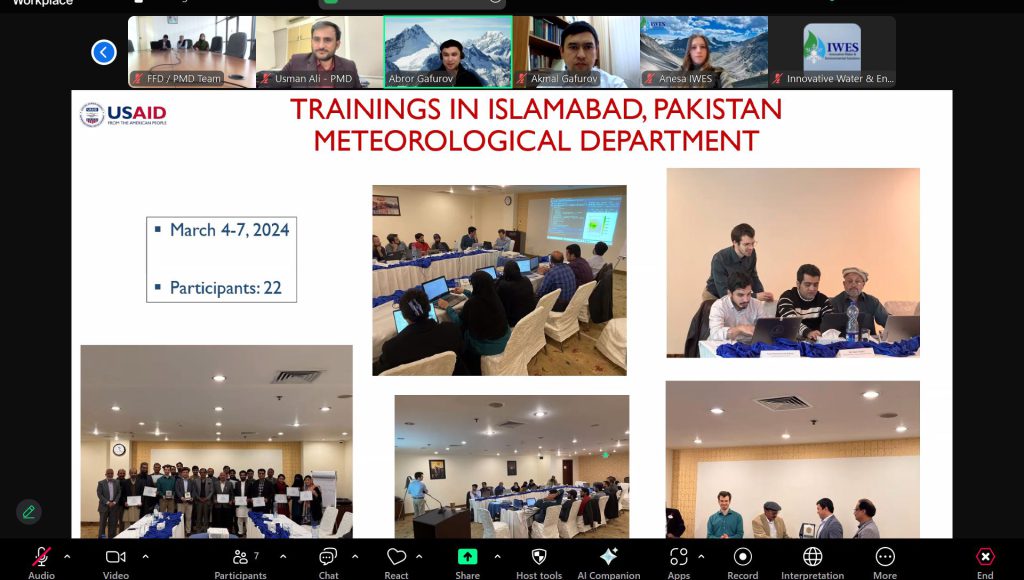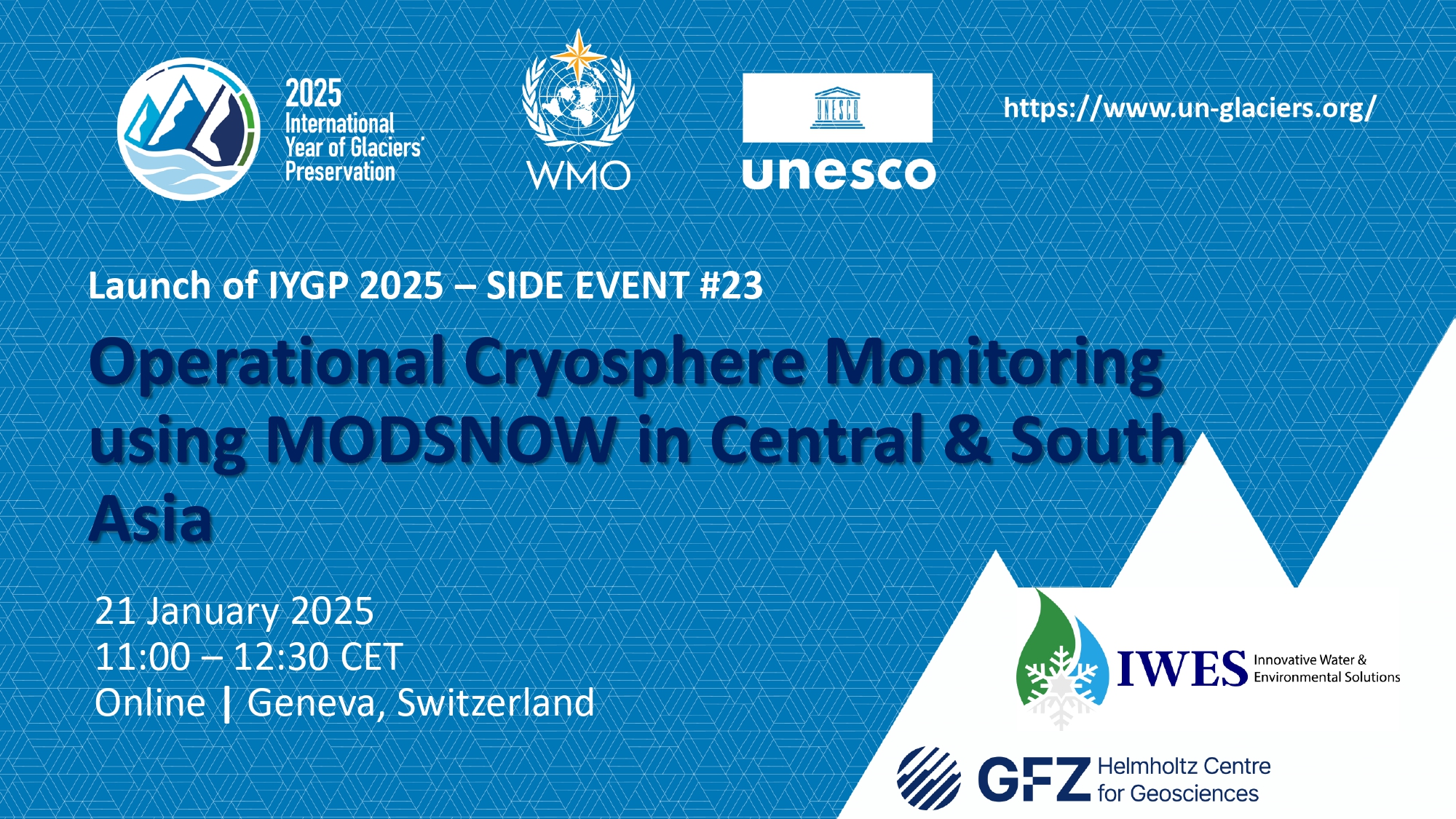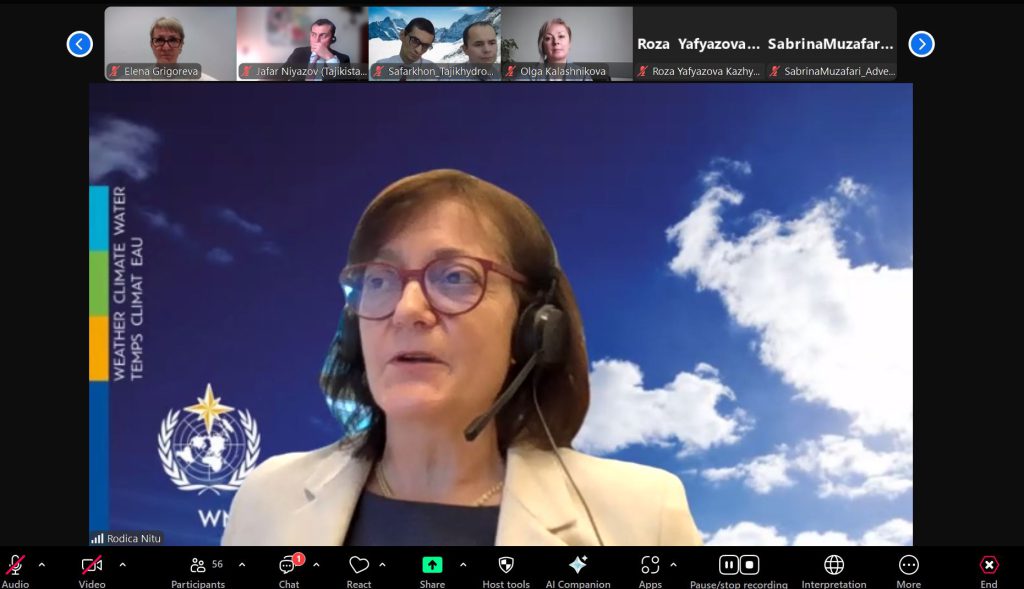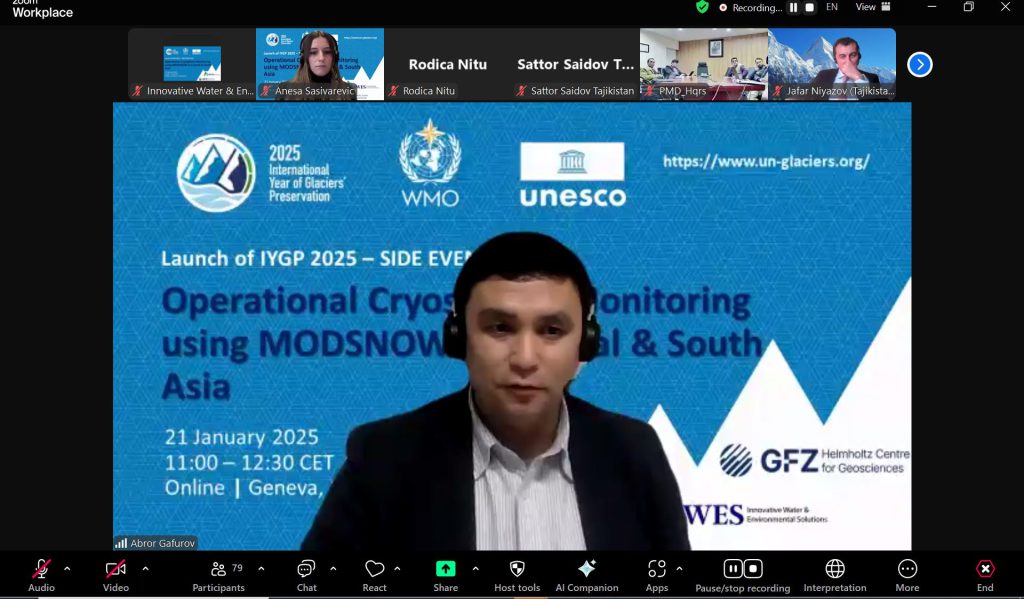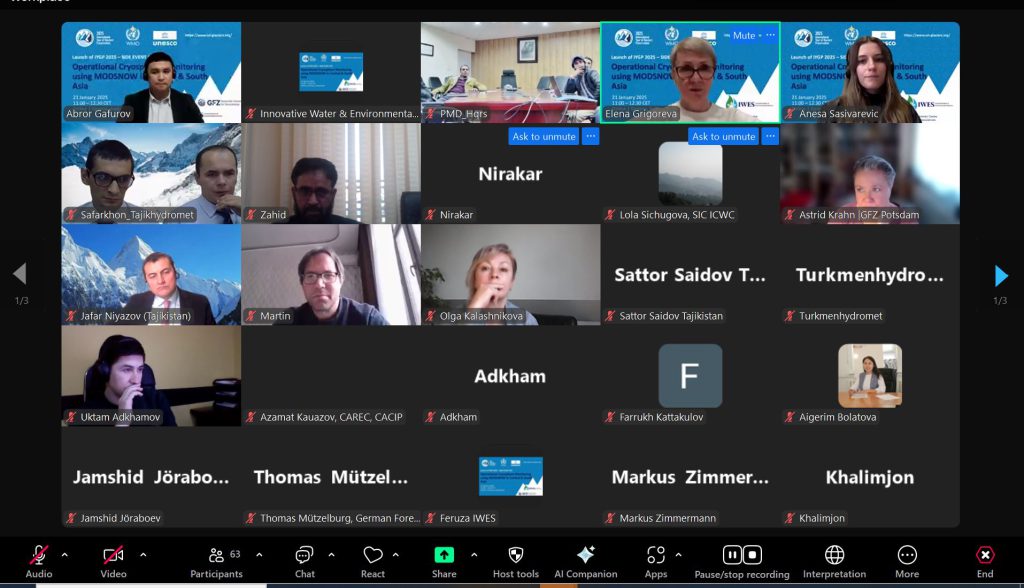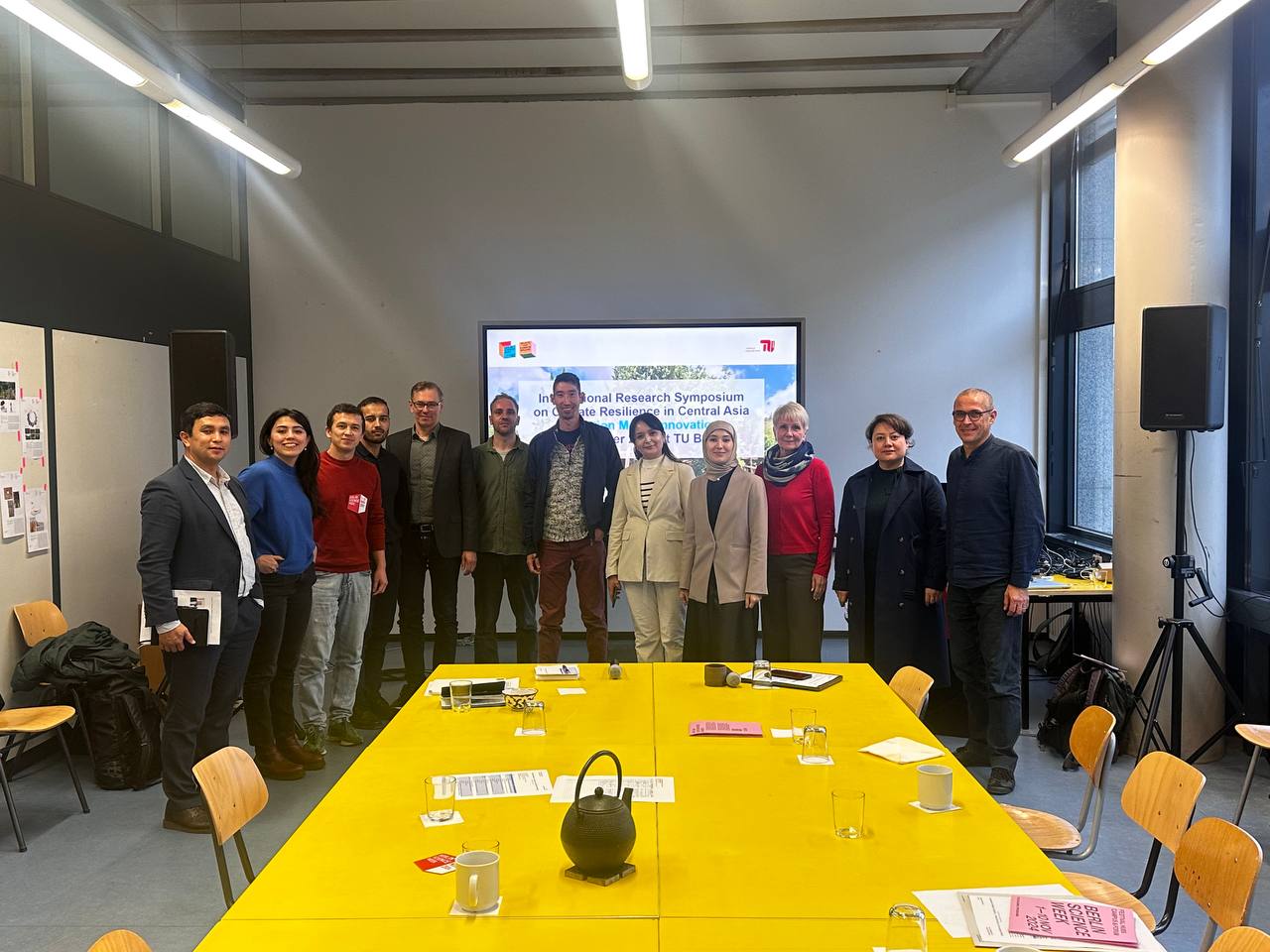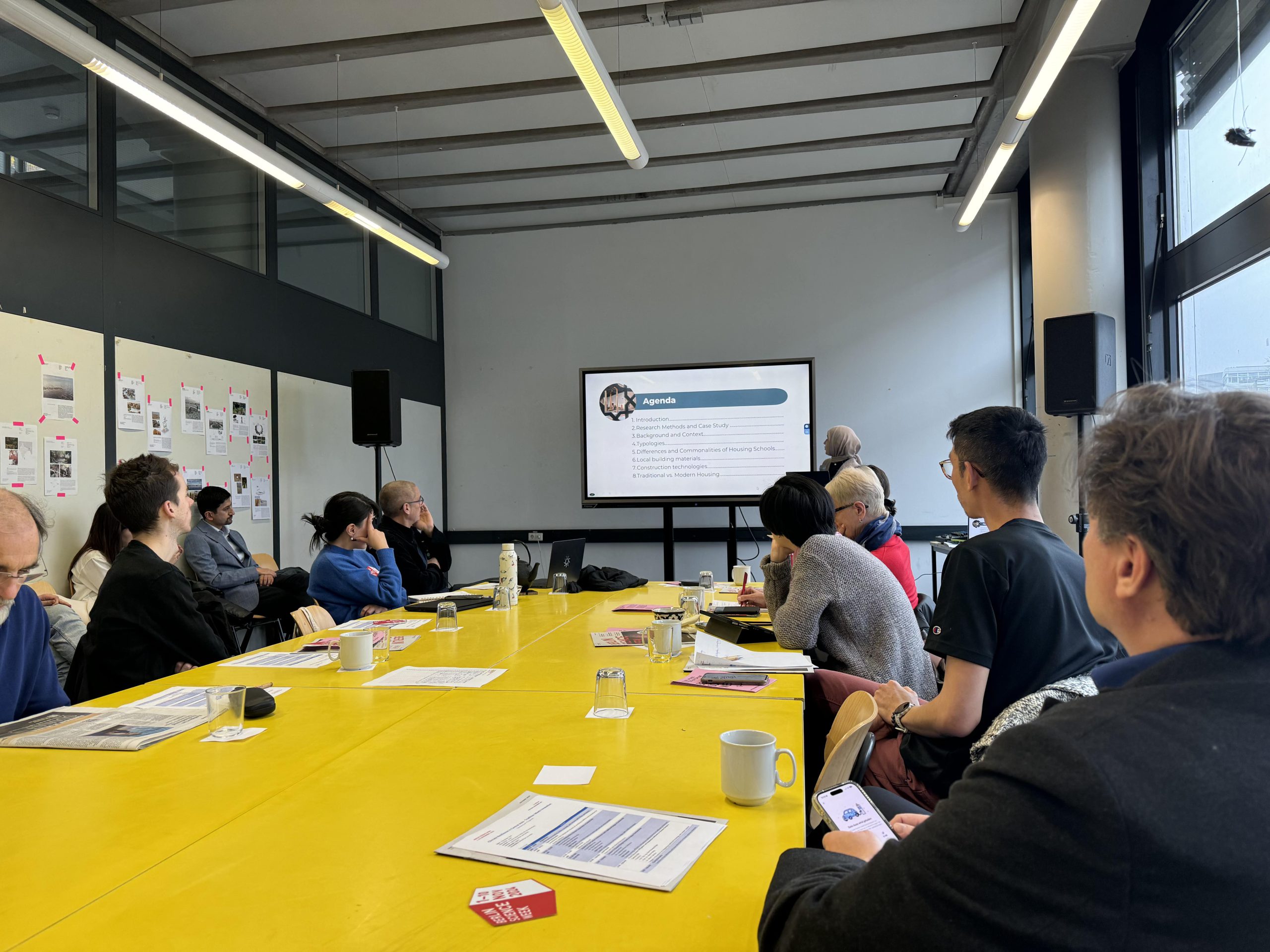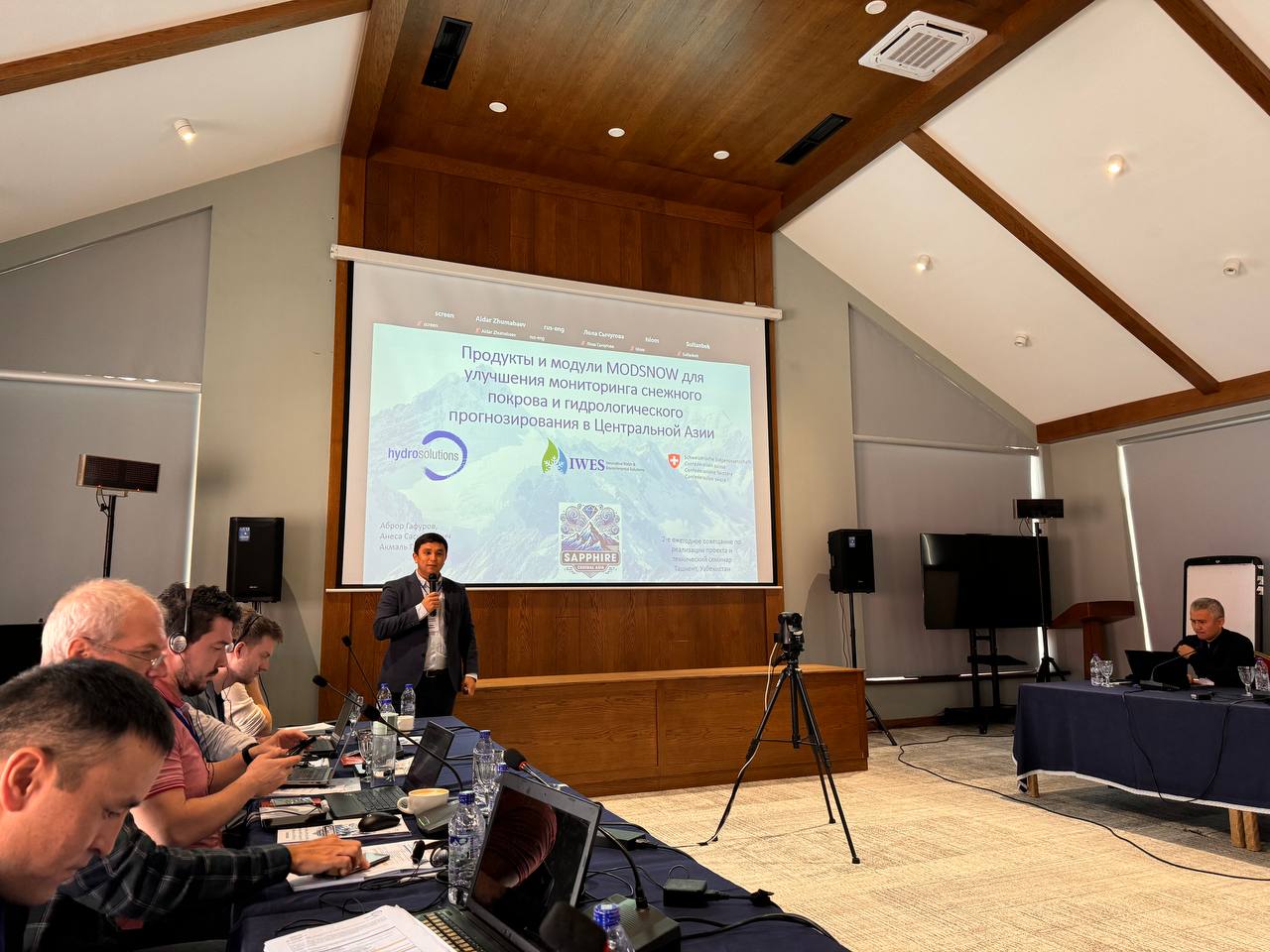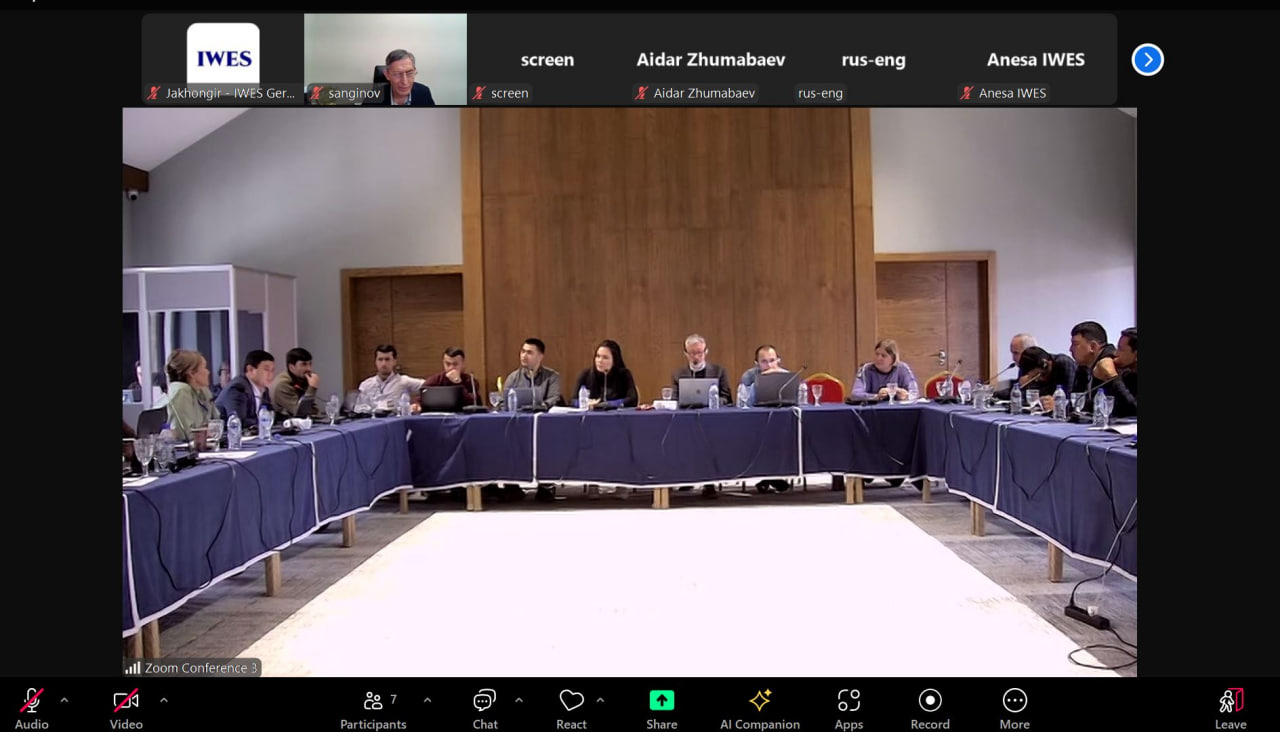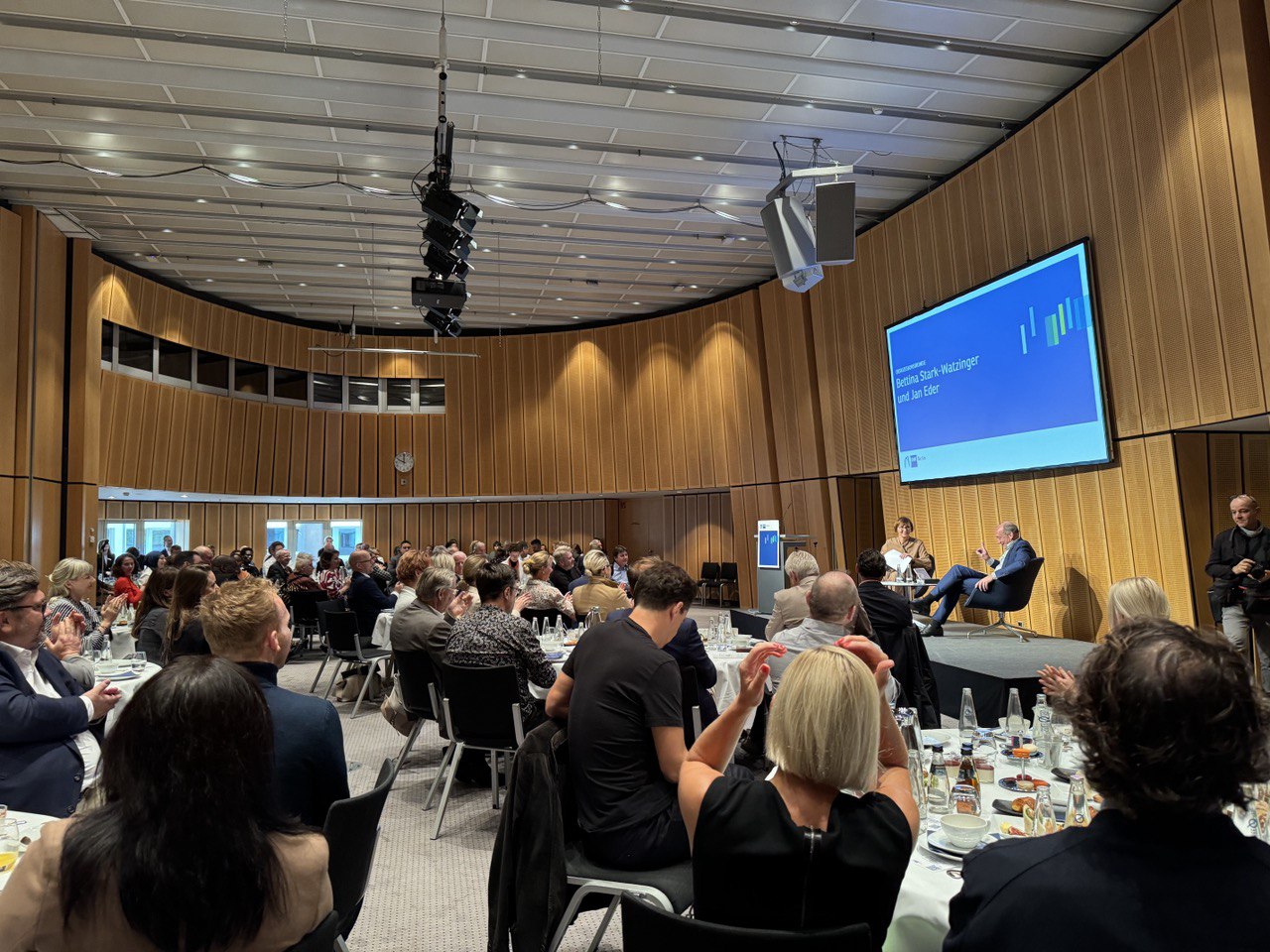In May 2025, the IWES team, with our project partners, Mr. Bruce Lankford and Mr Shavkat Kenjabaev, wrapped up a five-day scoping mission to Uzbekistan as part of the World Bank-funded CAWEP feasibility study on modernizing irrigation practices in Central Asia. The trip was a powerful blend of policy-level dialogue and hands-on field visits, bridging the gap between strategy and practice.
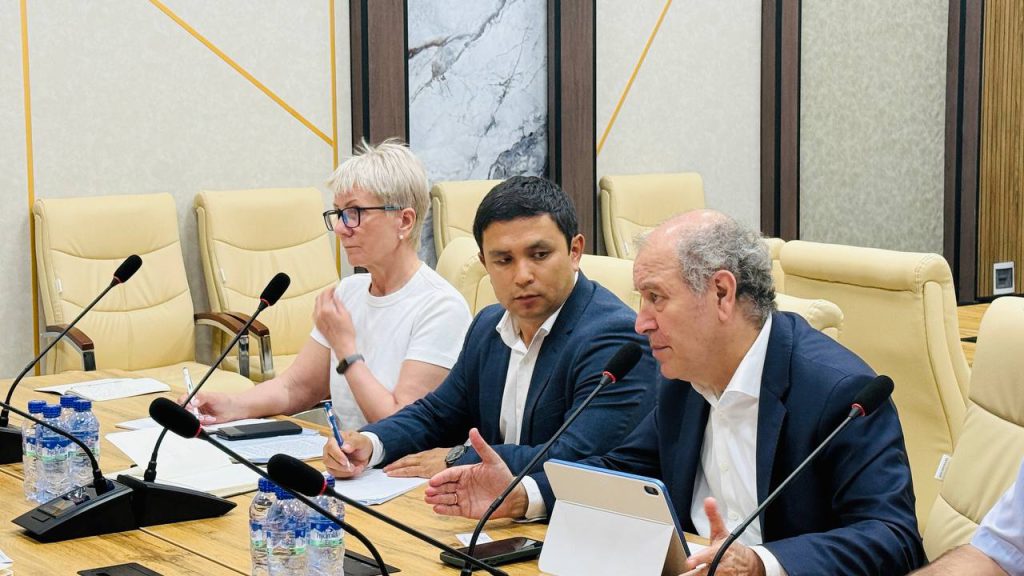
The week began in Tashkent, where we held constructive meetings with the Ministry of Water Resources and the Ministry of Agriculture of Uzbekistan. Both ministries acknowledged the limitations of the outdated 1987 irrigation-norm equations and expressed their interest in developing a digital, evidence-based alternative. The goal: a system that responds to real-time crop water needs under increasing scarcity.
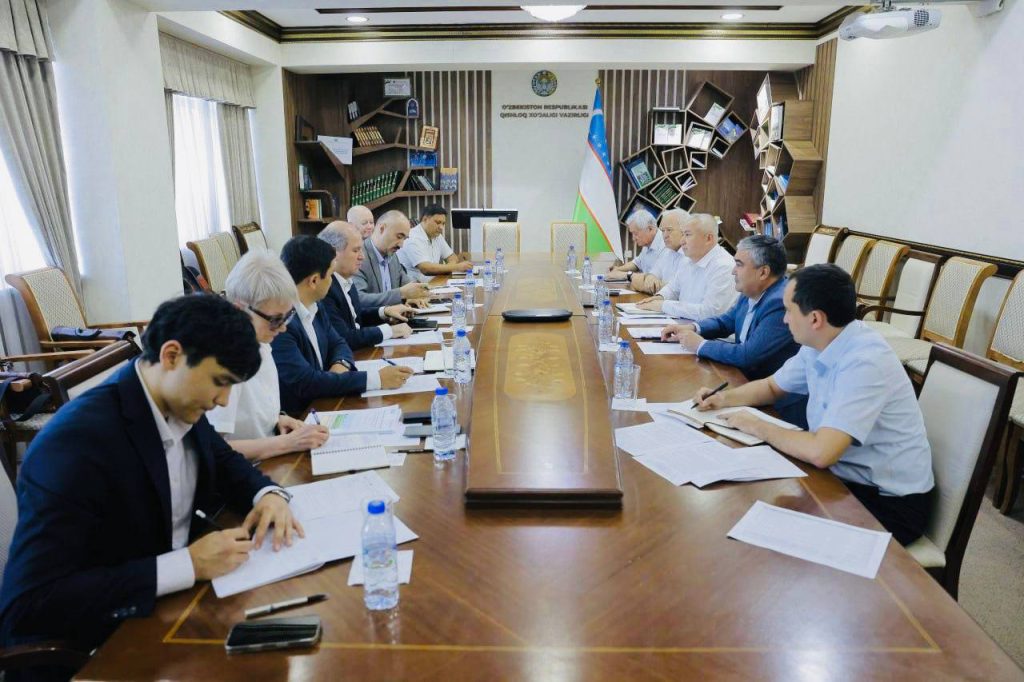
Equipped with this mandate, the team travelled to Andijan, where we visited cotton fields using drip irrigation combined with mulch techniques that dramatically reduce water use to just 1,200 m³/ha per season. Local partners from the AIAA School of Irrigators showcased how this method also shortens traditional irrigation cycles from ten days to just one, while boosting yields by 14–17 centners per hectare.
Farmer interviews further confirmed the potential of modern systems — but also pointed to the need for regulatory reforms, improved technical support, and aligned tax policies to make efficiency gains sustainable.
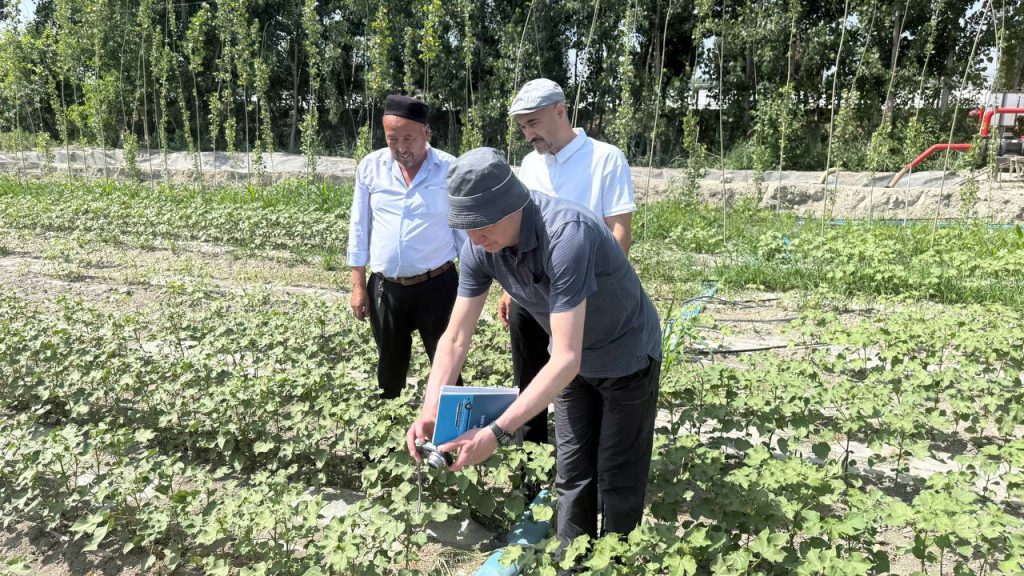
Back in Tashkent, the team brought together key research and technical institutions including TIIAME NRU, SIC ICWC, FAO, and Uzbekcosmos. The collaboration aims to create a unified data pipeline, integrating satellite-based evapotranspiration mapping with on-farm sensors. This data-driven approach would enable performance-based water allocations and taxation, aligned with actual water consumption on farms.
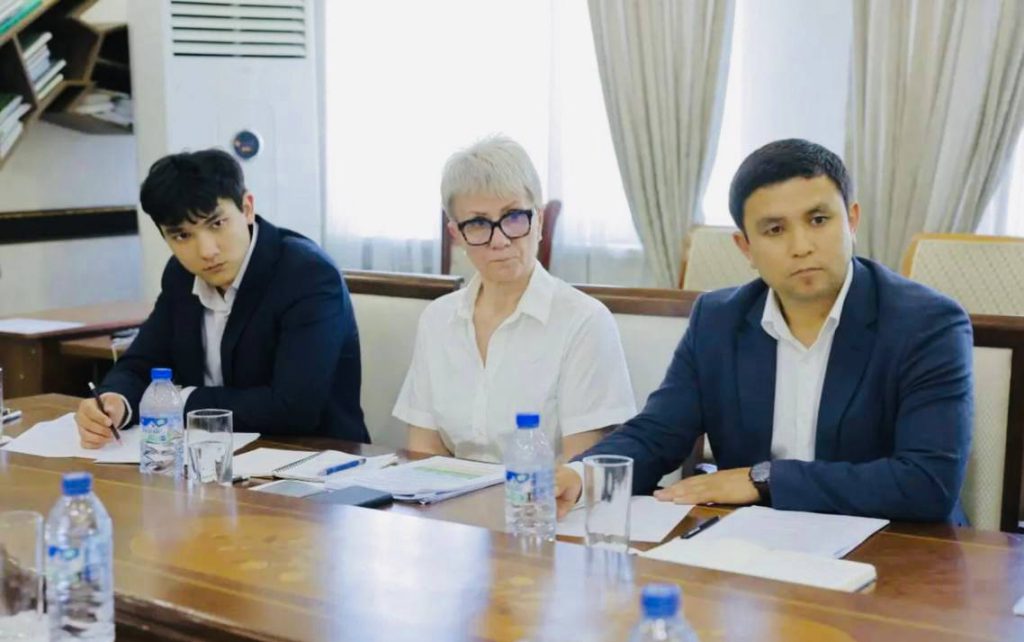
The FAO pointed to their planned AquaCrop pilot as an ideal testbed for these updated norms, and Uzbekcosmos offered its mapping infrastructure to support this vision. Across the board, partners endorsed co-designed pilots and data transparency as the backbone of future-proof water management in Uzbekistan.
As Uzbekistan declares 2025 the Year of Environmental Protection and Green Economy, this mission reaffirmed that the path to a greener future begins with collaboration, open data, and scalable innovation.
 info@i-wes.com
info@i-wes.com Propststrasse 8, 10178 Berlin
Propststrasse 8, 10178 Berlin
